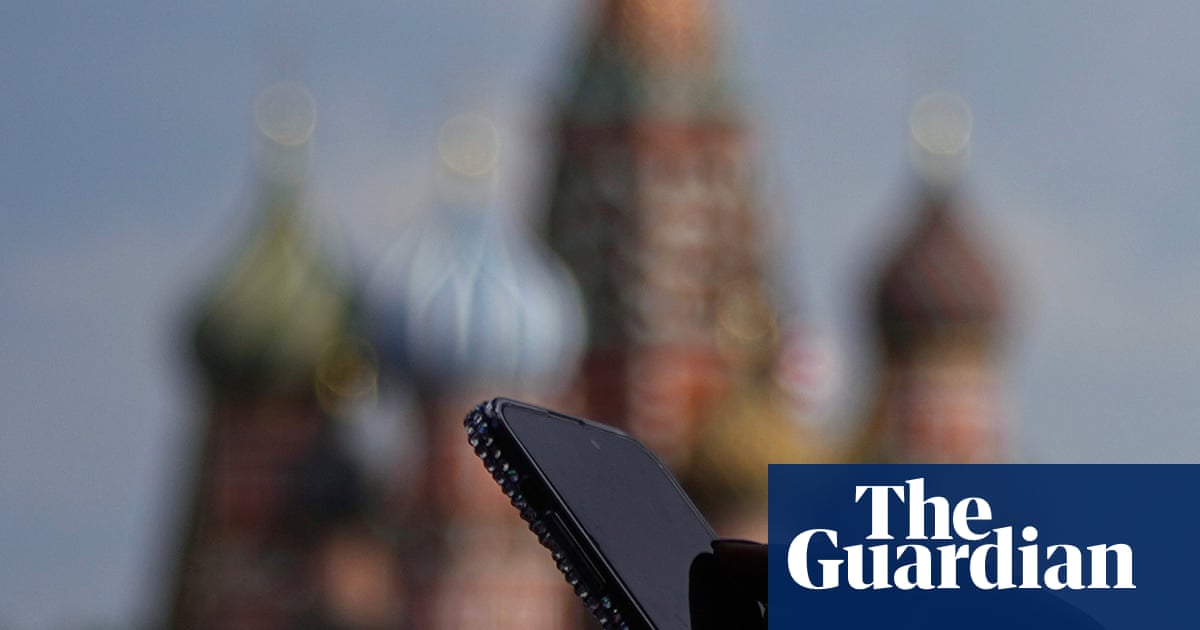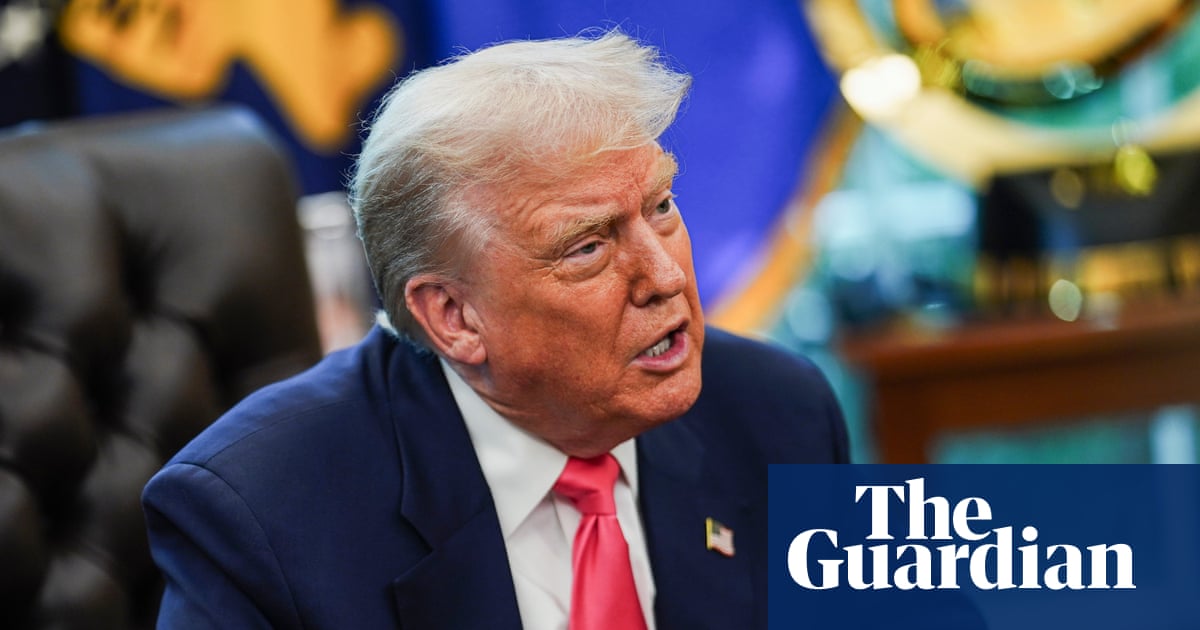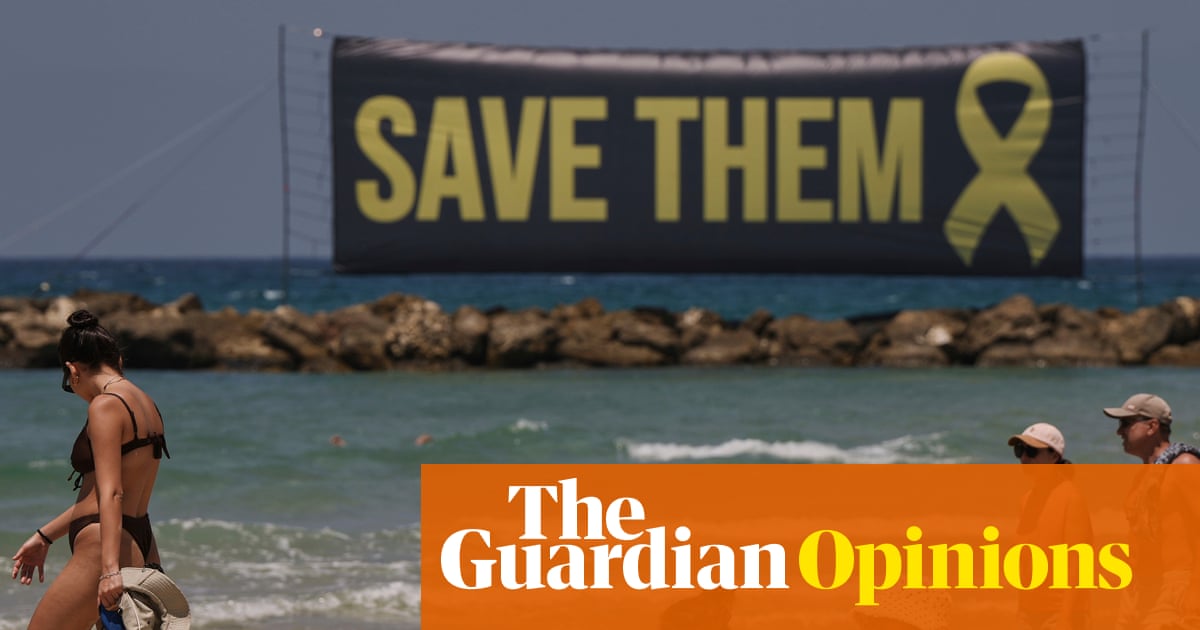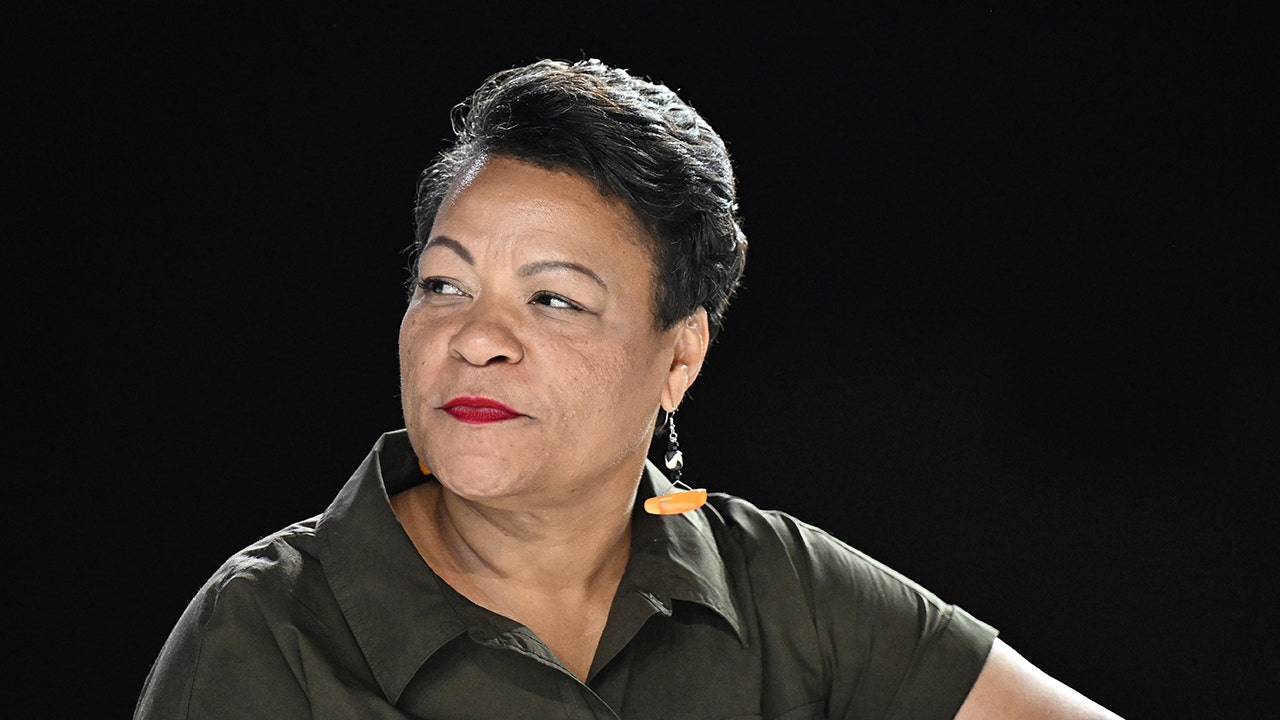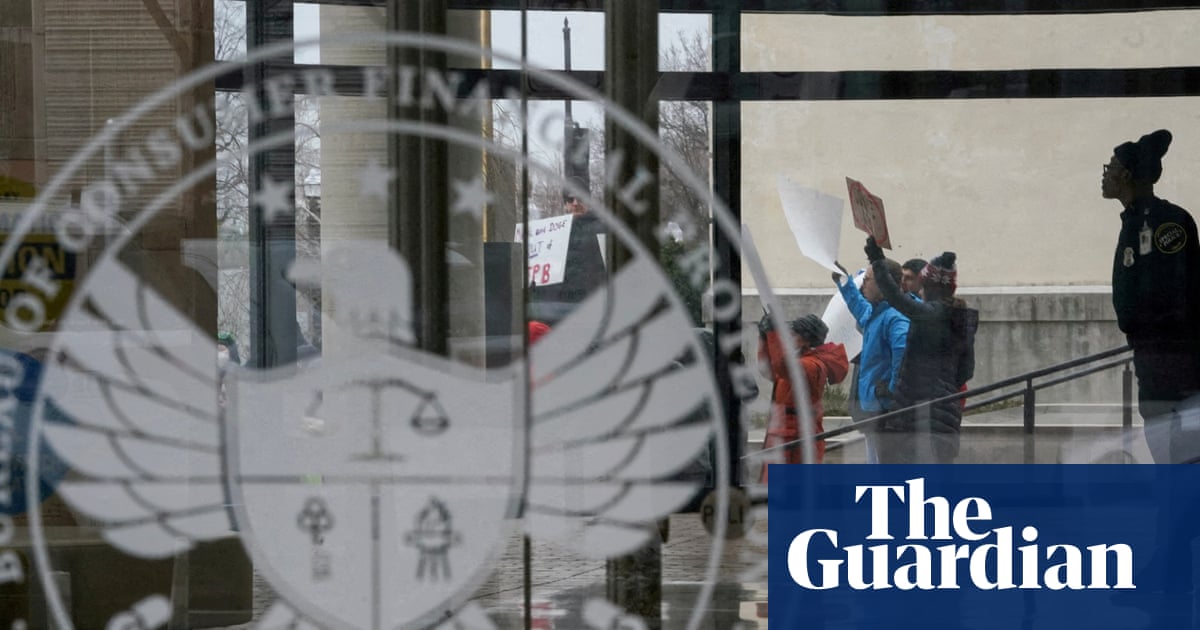On July 26, 2025, Donald Trump was involved in several incidents that raised significant concerns about authoritarianism, civil rights violations, and potential corruption. The articles highlight a pattern of behavior that includes interference in democratic processes, conflicts of interest, and the propagation of conspiracy theories. These actions collectively paint a picture of a political figure whose conduct continues to challenge democratic norms and ethical boundaries.
Detailed Analysis:
One of the most alarming actions involves the alleged attempts to change vote tallies and take over voting machines, which are described as conspiracy theories. This behavior is classified under authoritarianism and suggests an undermining of the electoral process, a cornerstone of democratic governance. Such actions, if true, could erode public confidence in the integrity of elections and potentially disenfranchise voters, posing a direct threat to democratic institutions.
Additionally, the White House's directive to stop polygraph tests for Hegseth's team, amidst an ongoing investigation, raises questions about transparency and accountability. This move could be seen as an attempt to obstruct justice or manipulate investigative processes, further contributing to an authoritarian narrative. The firing of Gen. Charles Q. Brown Jr. by Hegseth and Trump, currently under review by the Pentagon's inspector general, adds another layer of concern regarding the misuse of executive power to influence military leadership for personal or political gain.
In the realm of civil rights, Columbia University's settlement of over $200 million for alleged violations under the Trump administration highlights potential governmental overreach into educational institutions. This settlement, while resolving the allegations, underscores the administration's aggressive stance on civil rights enforcement, which some may view as politically motivated or disproportionate.
Trump's trip to his Scottish golf course, which blurs the lines between his political role and business interests, raises ethical concerns about conflicts of interest. This behavior is indicative of a pattern where personal business dealings are intertwined with political responsibilities, potentially compromising decision-making processes and public trust.
Finally, Trump's repeated discussion of conspiracy theories, including those involving Epstein and Obama, is unprecedented in American politics. This rhetoric not only distracts from substantive policy discussions but also sows division and mistrust among the public, further destabilizing the political landscape.
Why This Matters:
The actions and behaviors exhibited by Donald Trump on this date have significant implications for democratic norms and public trust. The potential manipulation of electoral processes and interference in investigations undermine the rule of law and the principles of fair governance. Such actions can lead to a decline in citizen confidence in democratic institutions, which is essential for the functioning of a healthy democracy.
Moreover, the blending of personal business interests with political duties raises serious ethical concerns and could lead to policy decisions that favor personal gain over public good. The propagation of conspiracy theories further erodes trust in government and media, contributing to a polarized and misinformed electorate.
These behaviors, when viewed collectively, suggest a pattern of authoritarian tendencies and ethical lapses that could have long-lasting effects on the political system. It is crucial for democratic institutions and civil society to remain vigilant and hold leaders accountable to preserve democratic integrity and public trust.
Key Concerning Actions:
- Alleged attempts to change vote tallies and take over voting machines
- Directive to stop polygraph tests amidst an investigation
- Firing of Gen. Charles Q. Brown Jr. under questionable circumstances
- Settlement of civil rights violations by Columbia University
- Potential conflicts of interest between political role and business interests
- Repeated discussion and promotion of conspiracy theories
